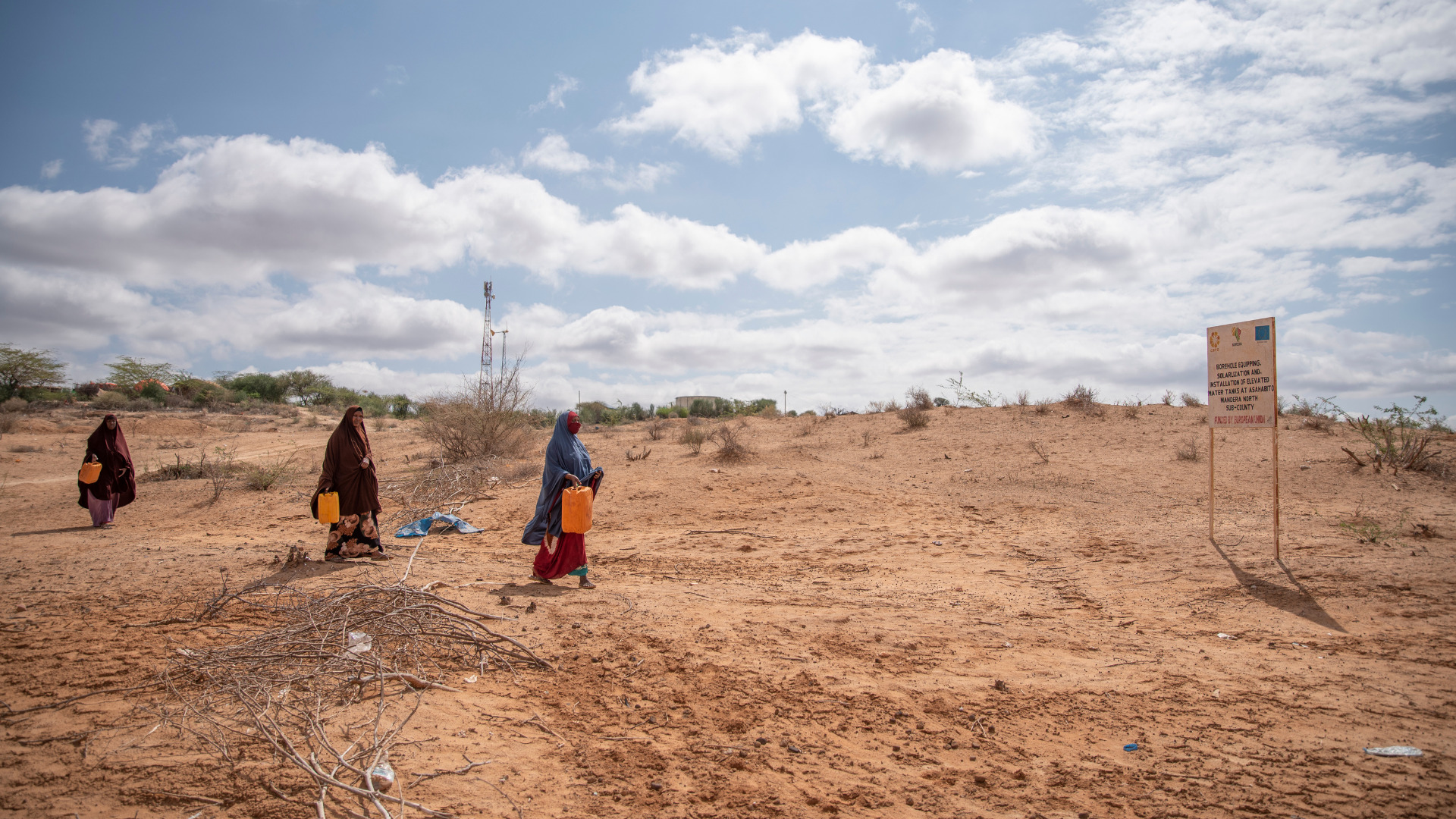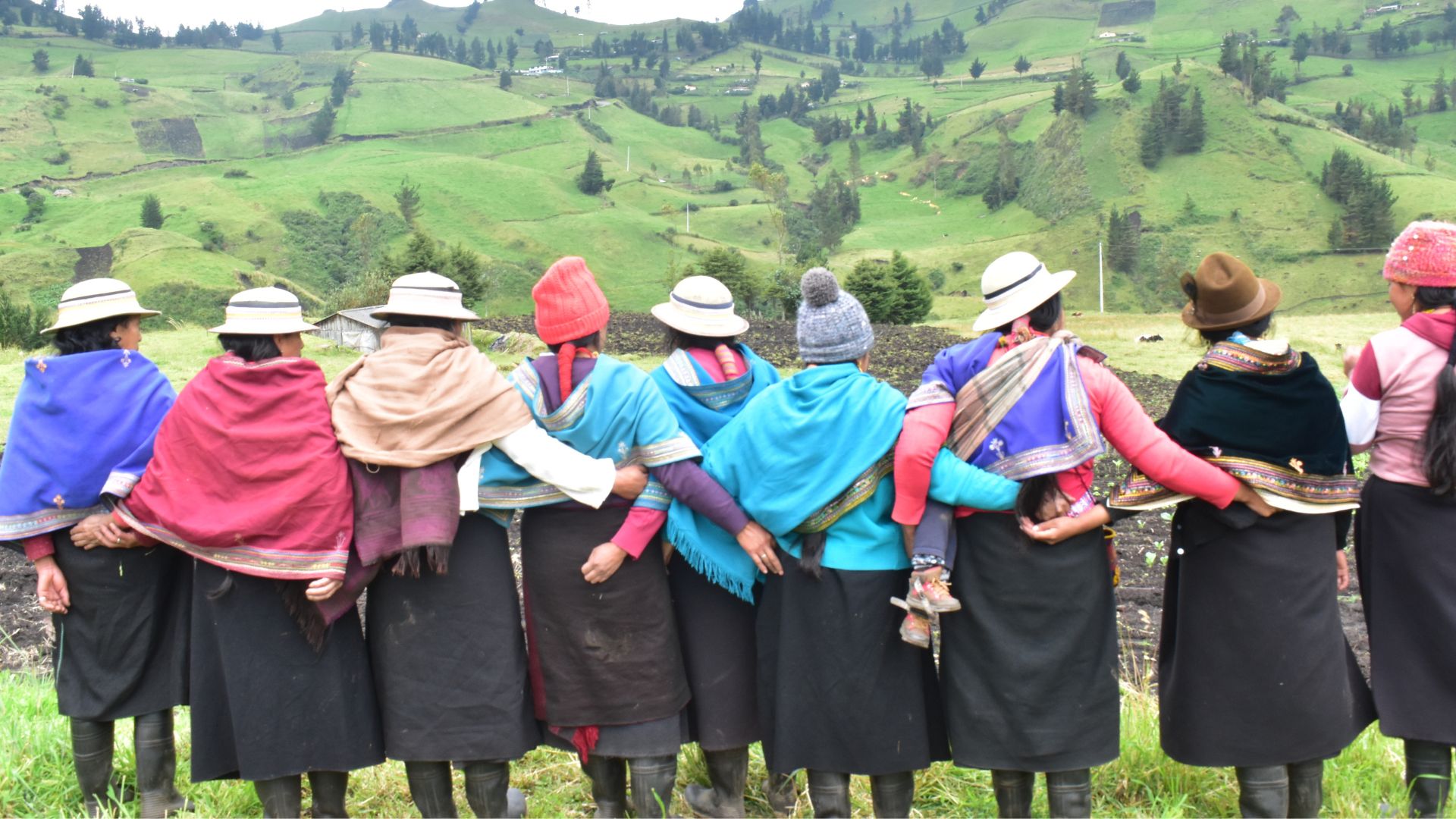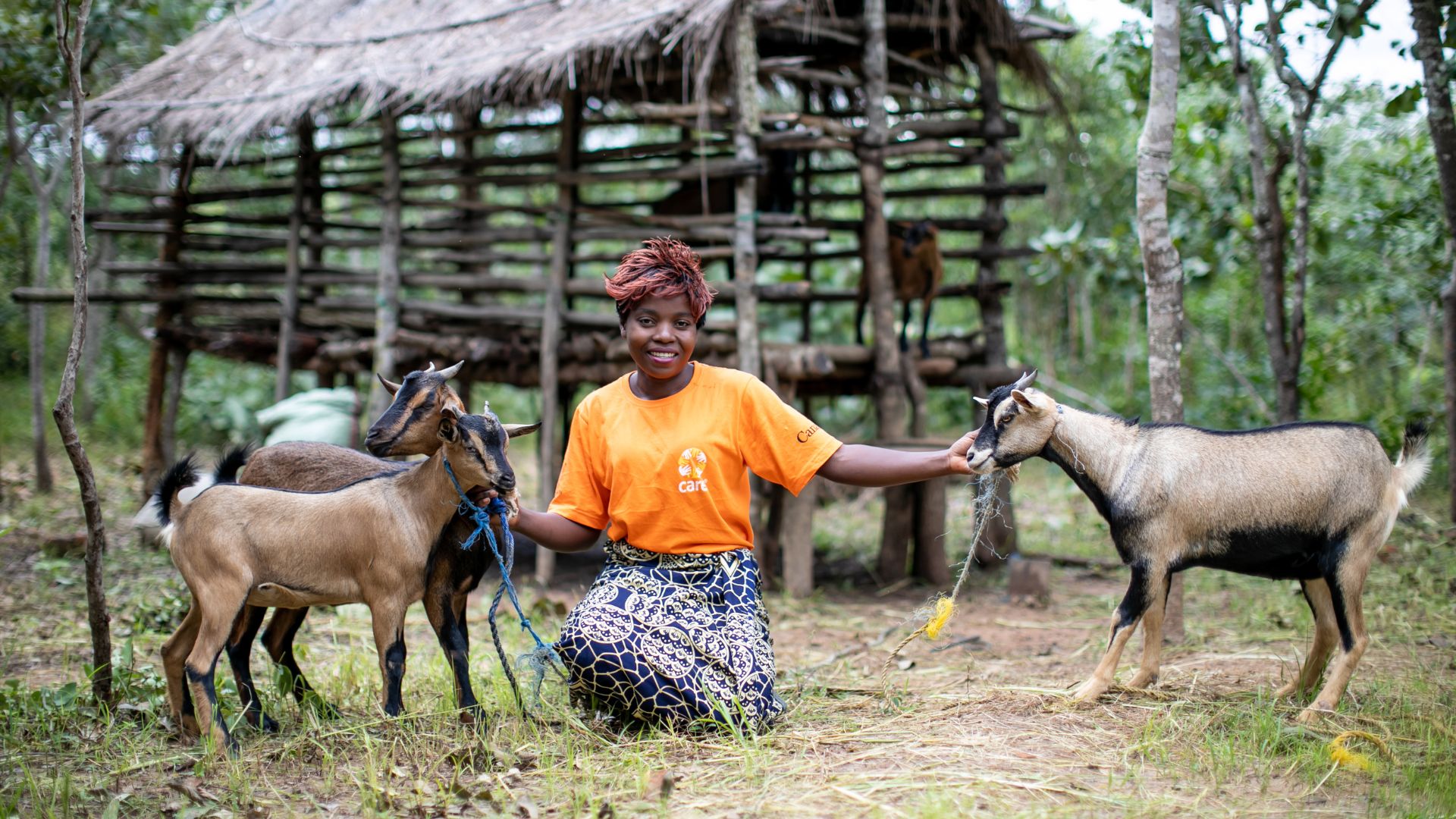Why are forced marriages increasing due to climate change? Why are women and girls more likely to die in extreme weather events? In an interview with to miss, Fanny Petitbon, head of the NGO’s advocacy department CURE Francetells us about the impact of climate change on women and girls, but also the key role they play in the face of this planetary emergency.
To miss. How does climate change-related resource scarcity affect women?
Fanny Petitbon. Who takes care of collecting water or wood in Southern countries? Traditionally these are girls and women, but climate change and natural resources are becoming increasingly scarce. Women therefore spend more time on these tasks.
Currently, according to OECD data, women and girls around the world spend 200 million hours collecting water. Many hours that could be dedicated to education, to work so that these girls and women can escape poverty. Furthermore, the fact that women and girls spend more time on the streets exposes them to risks and attacks.
Climate change is also affecting harvests, with droughts and hurricanes reducing the amount of food available to families. This forces women to starve and let men and boys eat first.which affects their food security and exposes them to greater risks of disease.

To miss. How can gender norms worsen the consequences of climate change for women?
Fanny Petitbon. Climate change and gender inequality create an explosive cocktail for women and girls. On the one hand, they are the first victims of climate change with increasingly precarious living conditions. On the other hand, the persistent gender inequalities they already faced (lack of access to healthcare and education) are worsening due to climate change.
Periods of instability, such as drought or other natural disasters, open the door to increased school dropouts. It is estimated that in Botswana, 70% of children who are out of school during drought periods are girls (Babugura, 2008). Forced marriages of girls aged 11 to 14 increased by more than 50 percent during a heat wave lasting more than thirty days in Bangladesh (Doherty et al., 2023). For what ? Because in times of crisis, many communities put girls and women second.
Women have less freedom, but also more responsibility and a greater workload. The fact that women and girls spend more time collecting water and firewood binds them to these traditional tasks. Climate change therefore constitutes a brake on their autonomy and emancipation and their participation in decision-making at a local scale.
Likewise, when territories are affected by droughts that lead to rising sea levels, men are often forced to migrate to urban areas to earn a living, leaving women and children behind. Women therefore find themselves with the responsibility of taking care of the family.. They are isolated and subject to attack.
To miss. What are the main challenges women face in the field of reproductive health and women’s rights due to climate change?
Fanny Petitbon. Climate change exacerbates problems related to women’s reproductive health. A problem that is found in every country in the world. Every increase in temperature increases the risk of mortality for pregnant women and newborns. Links between exposure to air pollution and the risk of hypertension in pregnant women, or even the risk of gestational diabetes, have also been supported.
Another impact of climate change is the degradation of sexual health infrastructure. When a hurricane or flood hits a region, access to health centers for contraception and monitoring of gynecological problems is compromised due to the unavailability of medical teams.
The anguish of people displaced by climate disasters is particularly worrying pregnant women at increased risk of miscarriage due to stress. Premature births and maternal deaths, which could have been avoided with adequate care, are even more tragic in such circumstances.

To miss. How can we help women face the dangers of climate change?
Fanny Petitbon. States must first recognize and account for this disproportionate impact of climate change on women and girls.
Furthermore, women are not passive victims, they play an essential role in the fight against climate change. Our teams see it around the world: women are often the primary custodians of natural resources, sharing and passing on their knowledge to their communities and families.
Very often they design and implement innovative, effective and economical solutions. CARE helps smallholder farmers implement more climate-resilient practices and protect the environment. In Ecuador, for example, CARE created the first agroecology school for indigenous women in the Chimborazo province in the Andes.
But we must go further. Because at the state level we are witnessing a real paradox. In reality, women are excluded from climate policies and discussions. They represented only 35% of participants at the last COP. Therefore they are not sufficiently listened to or supported. Only 2.9% of climate development finance includes gender equality as an objective (Oxfam, 2023).
We are also trying to convince governments in the South to put in place climate transition models in which they will really take into account the integration of women and girls, in the decision-making process, but also in the implementation of actions.
It is so that these women are finally heard, recognized and supported that CARE has launched this global awareness campaign. These are also the messages that CARE will bring to the next COP, the international climate meeting, which will take place at the end of November.

For rapporteur Fanny Petitbon this would be necessary governments have a feminist approach to everything related to trade or environmental policies, taking into account their impact on women. It has been four years since the issue of feminist diplomacy was raised in France, but for Fanny Petitbon the issue is still not complete regarding environmental issues and external actions around the world.
- CARE France is an NGO that has been defending women’s rights and fighting against inequalities around the world for 75 years. Present in 111 countries, CARE France helped more than 174 million people worldwide in 2022.
- Ahead of COP28, CARE France wants to draw attention to how climate change affects women especially with an awareness campaign: “Climate change is sexist” which highlights four women and six girls who face and fight the climate change in Kenya, Zambia, Ecuador, Vietnam, Bangladesh and the Philippines.
Source: Madmoizelle
Mary Crossley is an author at “The Fashion Vibes”. She is a seasoned journalist who is dedicated to delivering the latest news to her readers. With a keen sense of what’s important, Mary covers a wide range of topics, from politics to lifestyle and everything in between.




